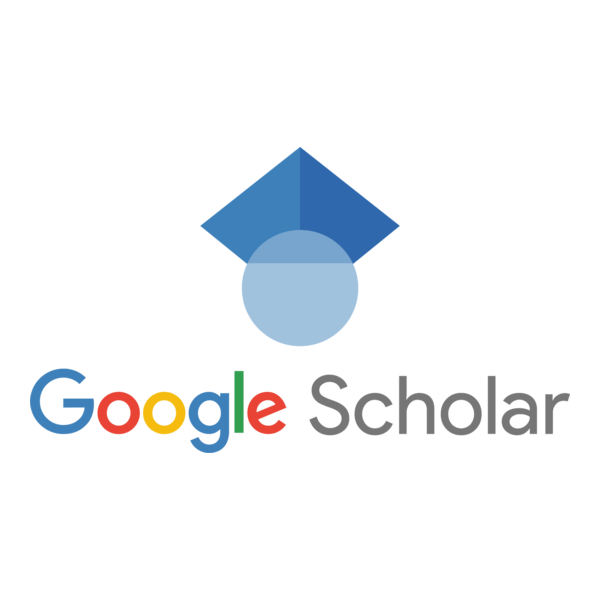Tafsir Fungsional, AI, dan Etika: Menjembatani Peran dan Agensi Moral Manusia Dalam Teknologi
DOI:
https://doi.org/10.54636/c2209v73Keywords:
human moral agency, theological anthropology, AI ethics, human identity, imago DeiAbstract
This article explores the intersection of artificial intelligence (AI), theology, and ethics, focusing on the concept of Imago Dei and its implications for human identity and moral agency. The research begins with a systematic literature review across three domains: theological perspectives on the Imago Dei, ethical considerations in AI, and philosophical discourses on human identity and moral agency. The review identified key themes and debates, facilitating a comprehensive understanding of how AI and theology intersect. The findings emphasize the importance of integrating theological frameworks with AI ethics to ensure that technological advancements are aligned with inherent human values. The study highlights significant gaps in existing literature, particularly the lack of a comprehensive framework that combines theological insights with practical ethical considerations. The research suggests a collaborative approach between theologians, ethicists, and technologists to address the moral dilemmas posed by AI. The results underscore the importance of contextualizing the Imago Dei within diverse cultural and religious frameworks, which enriches theological and ethical discussions. Ultimately, this research advocates for a nuanced understanding of what it means to be human in an increasingly technological world, emphasizing the ethical responsibilities that accompany the integration of AI into everyday life.














